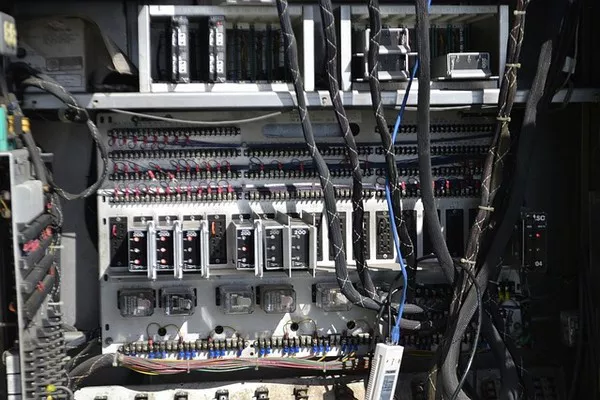CES 2024 witnesses groundbreaking partnership unveiling for enhanced smart home connectivity and renewable energy utilization.
Samsung has unveiled a pioneering collaboration with electric vehicle (EV) giants Tesla and Hyundai, aiming to seamlessly integrate smart home technology with EVs and the Internet of Things (IoT). This partnership, announced at CES 2024, promises to revolutionize how users interact with and control EV charging, harnessing the potential of renewable energy sources.
The collaboration enables users to manage and control their Hyundai electric vehicles using Samsung’s SmartThings IoT platform. Through a mobile phone interface, users can leverage this connectivity to interact with devices such as Tesla’s Powerwall and Solar Inverter, contributing to a more integrated and efficient energy ecosystem.
Benefits of Incorporating Renewable Energy:
The partnership aligns with Samsung’s commitment to advancing pure energy connectivity, with a particular emphasis on renewable energy integration and electric transportation. The incorporation of renewable energy sources offers a myriad of benefits, including:
Environmental Sustainability: Integration of renewable energy, especially solar power, reduces greenhouse gas emissions, aligning with efforts to minimize ecological footprints.
Cost Savings: Utilizing renewable energy helps in reducing dependence on traditional power sources, mitigating the impact of energy price fluctuations, and resulting in long-term cost savings.
Samsung’s strides in energy connectivity are contributing to a reduction in carbon emissions, enhanced energy efficiency, and facilitation of the broader energy transition.
Electric Vehicle Charging Infrastructure:
Samsung is actively developing EV charging infrastructure to enhance accessibility and efficiency in electric transportation. By creating advanced charging solutions and integrating innovative grid technology, Samsung’s platform connects with residential charging infrastructure, including Tesla’s Wall Connector and Hyundai’s ChargePoint. This integration enables monitoring and control of the charging process, supporting the broader integration of renewable sources into the grid and fostering the adoption of electric vehicles.
Efforts in Utilizing Renewable Energy:
Recognizing that a significant portion of power in the U.S. is derived from fossil fuels, Samsung is actively addressing the environmental impact of residential HVAC systems, which produce substantial greenhouse gas emissions. The company’s focus on developing innovative grid technologies aims to efficiently distribute and utilize renewable energy sources like solar and wind power.
Samsung’s strategic partnerships with Tesla and Hyundai mark a pivotal step in making the integration of renewable energy technologies, such as solar power and electric vehicles, more accessible and user-friendly. By fostering these collaborations, Samsung aims to play a key role in creating a sustainable and interconnected ecosystem that aligns with the evolving energy landscape.

